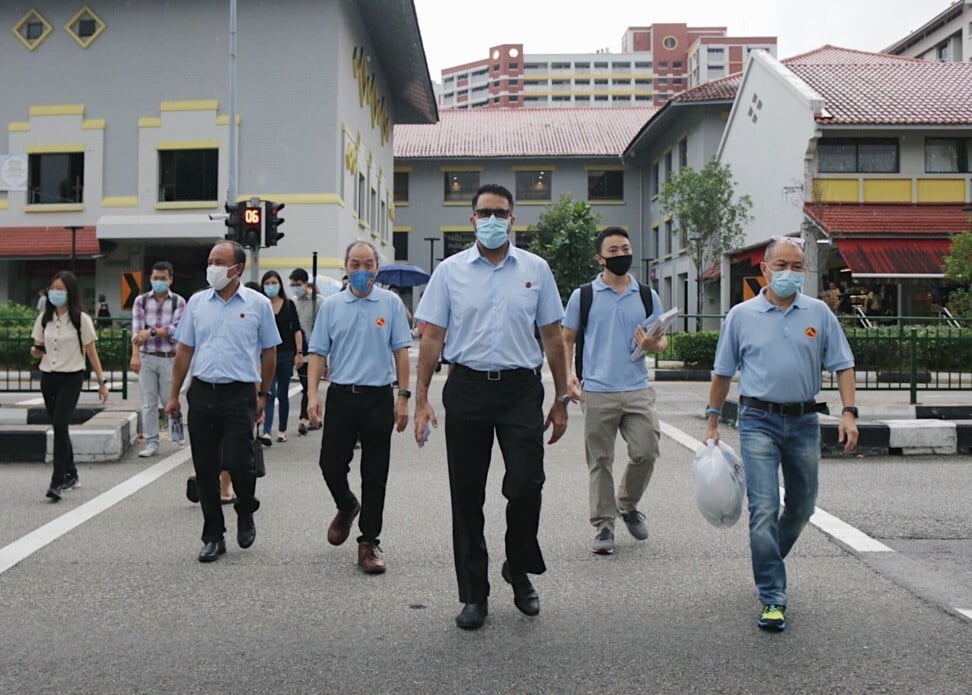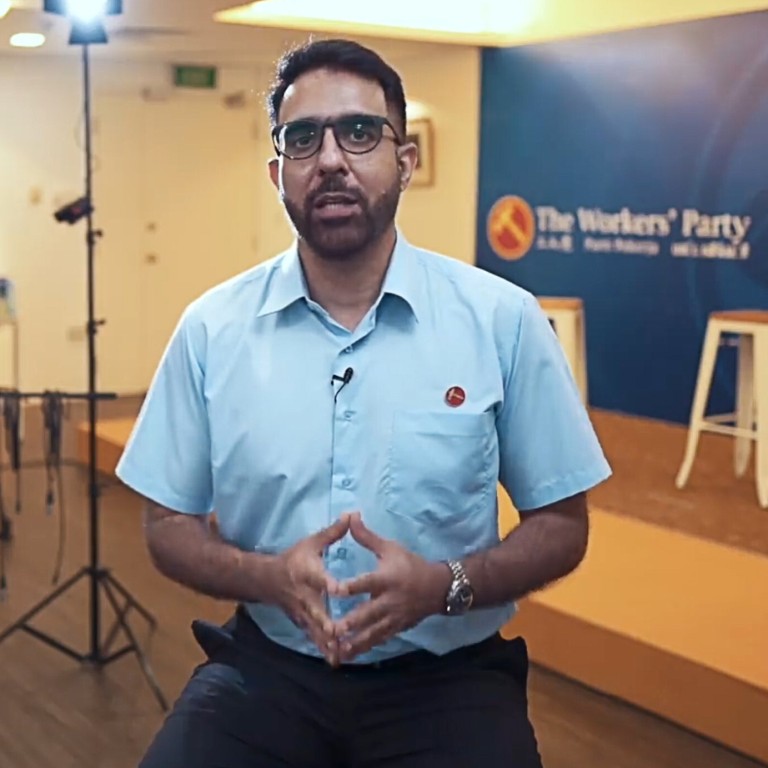
Singapore’s Leader of the Opposition has new resources. Will they help with alternative policies?
- The Workers’ Party chief receives staffing allowances and a bump in salary for the position, and will be privy to confidential government briefings
- While analysts say the new role signals a maturing of the island nation’s politics, they also flag its funding limitations and the need for full access to data
Along with doubling the salary he currently receives as a member of parliament, Singh will also be given allowances for staffing, and access to confidential briefings by the government on “select matters of national security and external relations, and in the event of a national crisis or emergency”.
Though analysts largely lauded the new role, saying it pointed to the maturing of the city state’s politics, others noted constraints that could come with the position, such as whether the government would share data in its entirety with the opposition.
A Tuesday statement by the offices of the Speaker of Parliament and Leader of the House noted that Singh will earn an annual salary of S$385,000 (US$279,000) in his new role, inclusive of the annual allowance of S$192,500 that all MPs receive.
By comparison, a junior minister has a basic annual salary of S$607,750 that can increase to S$935,000 with variable bonuses, according to the Public Service Division’s website. This excludes the annual MP allowance.
The Workers’ Party chief will also be given the right of first response among MPs, and will be able to ask ministers the lead question on policies, bills and motions. He will also have a longer duration for speeches, equivalent to political office holders who are entitled to speak for up to 40 minutes.
Singh, in a late-night Facebook post, said it was a privilege for him to be appointed as Leader of the Opposition, and he was grateful for the additional support and remuneration.
Singapore election: hard truths for the PAP as voters deny ruling party an easy ride into power
But he had discussed the matter with his wife, he said, and both felt that a percentage of the salary should be used “for a greater purpose”.
Singh said he would allocate half of his annual salary, after taxes, to charitable and party causes, including assisting low-income residents living in constituencies held by the Workers’ Party.
“The [Leader of the Opposition] appointment carries with it many additional responsibilities that I will have to shoulder. The road ahead will not be easy but I thank Singaporeans for their support and encouragement,” added Singh, who is currently a lawyer at Satwant and Associates where he practises civil and criminal law, and specialises in dispute resolution.
Political observer Woo Jun Jie said the Workers’ Party would likely be able to formulate more in-depth analyses of policies and bills with the added resources, which would allow the opposition to contribute to parliamentary discussions in a more positive way.
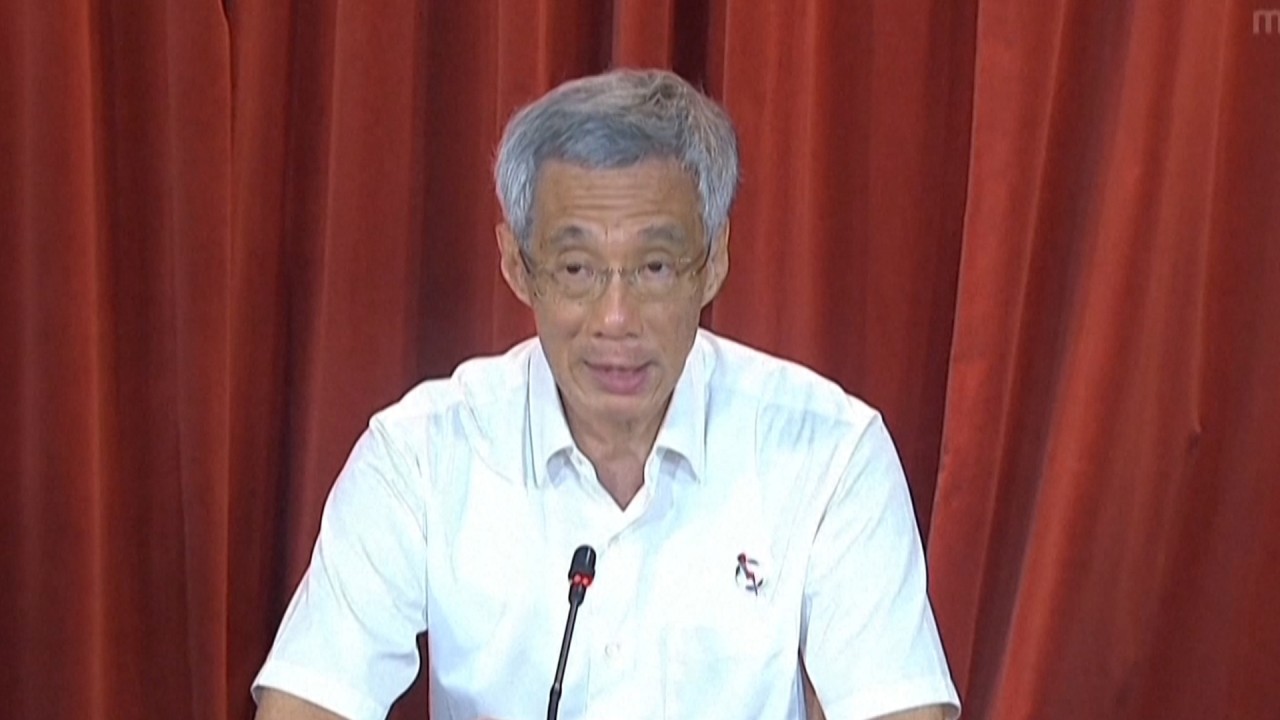
01:03
Singapore election: Prime Minister says he has ‘clear mandate’ despite slipping support
“The policy proposals and alternative views that the opposition can provide will also certainly contribute to our policy processes,” he said.
Felix Tan, an associate lecturer at SIM Global Education, added that the access to confidential briefings meant the Workers’ Party would have a better understanding of the decision-making processes behind government decisions.
“This is definitely good progress in Singapore’s political landscape,” he said. “It would bode well for Singh and the Workers’ Party if they can fully utilise the resources given to them.”
Emeritus Senior Minister Goh Chok Tong later called it a “very significant move”, and said opposition MPs and non-constituency MPs must now step up to propose alternative policies and solutions – a point Lee reiterated on Monday at a swearing-in ceremony for political office holders.
Can Singapore maintain its sweet spot between China and the US?
Lee said: “This way, we can help voters better understand the issues, choices and trade-offs, and in the process, improve policies and plans, and deliver better outcomes for Singapore.”
The Tuesday statement also set out Singh’s duties as Leader of the Opposition. Among other things, he is now expected to lead the opposition in presenting alternative views in parliamentary debates. He is to lead and organise the scrutiny of the government’s positions and actions, and will be consulted for the appointment of opposition members to select committees.
Woo, the political observer, said the added duties meant Singh would need to work with limited resources, noting that he is earning less than a junior minister but is also expected to propose policies for parliamentary debate.
“Certainly, there will be some constraints on how many analysts and staff he can hire, although he can circumvent this by drawing on the expertise of party members with extensive policy knowledge,” he said.
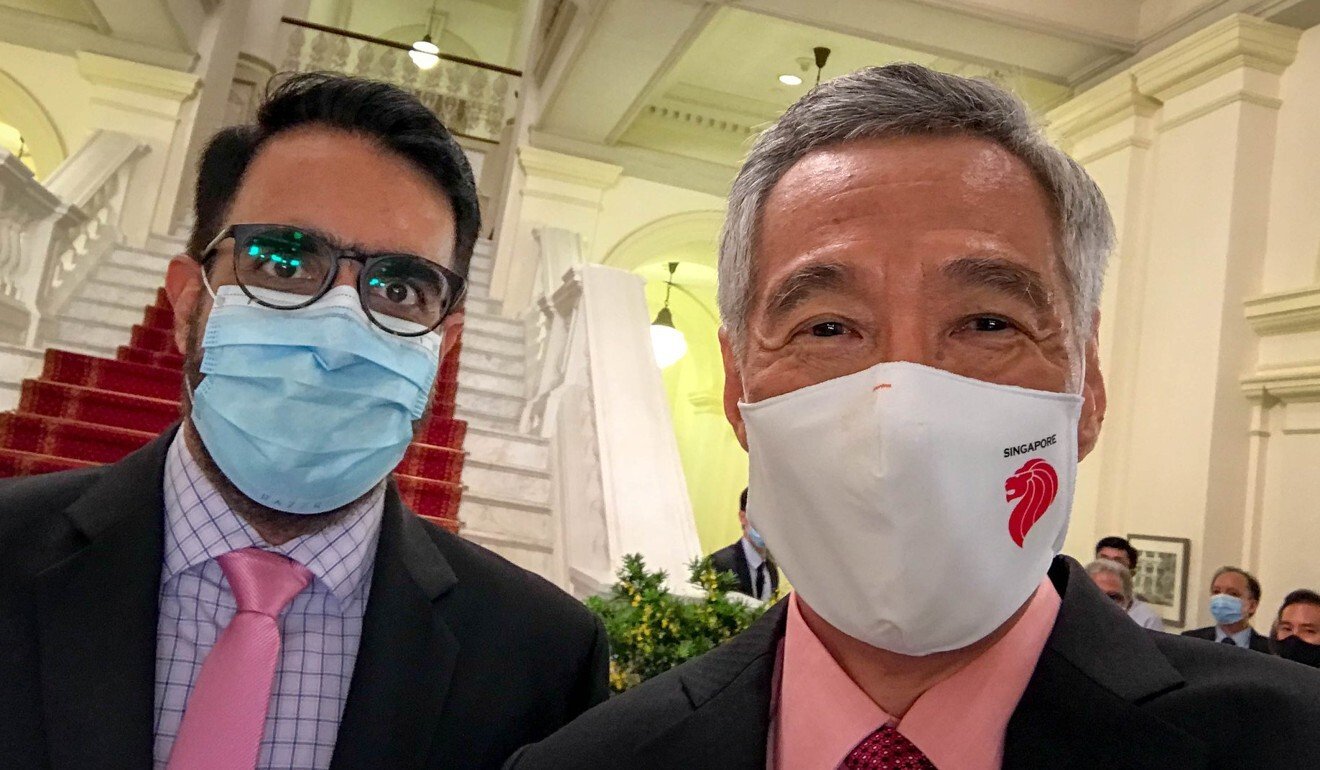
While lauding the move, Kenneth Paul Tan, an associate professor at the National University of Singapore’s Lee Kuan Yew School of Public Policy, said in order for the Leader of the Opposition to do his job well, he would require “real access” to administrative data.
“The government has a reputation for guarding this data very jealously, what more from their political opponents,” he added. “Making data available only in a selective and bureaucratically resistant way will not be adequate.”
Chong Ja Ian, an associate professor of political science at the National University of Singapore, also noted that while the position showed that the country was moving towards a “more mature parliamentary system”, there was still more room for it to grow.
After Singapore polls, here are six women making their mark in politics
For example, he said independent parliamentary research and budgetary review mechanisms – such as the Congressional Research Service and Congressional Budget Office in the United States, and issue-specific committees found in many other legislatures – could be useful as parliament started to address more complex issues.
The statement from the offices of the Speaker of Parliament and Leader of the House noted that Singh’s role was unprecedented and was not provided for in Singapore’s constitution or parliamentary standing orders. This was the case even when there was a “substantial number” of opposition legislative assemblymen in the 1950s and 1960s.
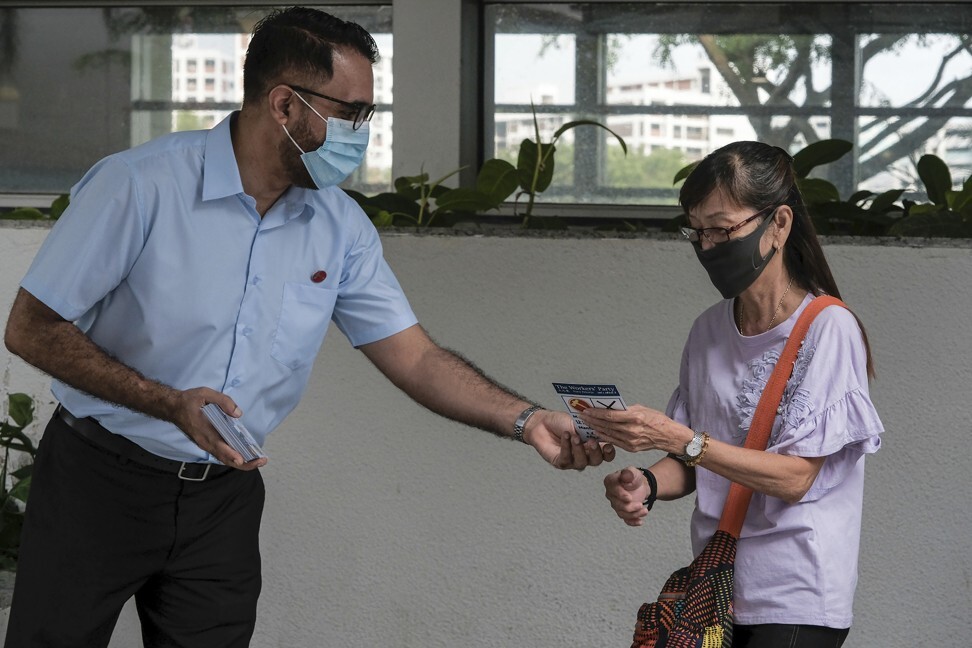
Singapore follows the Westminster parliamentary system, and while it never previously had a Leader of the Opposition, that role is formally designated in other similar parliamentary systems such as those of Australia and Britain. The Singapore government said it had looked at these other systems when defining the duties and privileges of the position.
Before Singapore’s independence in 1965, the country’s first prime minister, Lee Kuan Yew, led the People’s Action Party as the largest opposition party between 1955 and 1959, and Dr Lee Siew Choh was head of the Barisan Sosialis as the largest opposition party between 1961 and 1963. Neither was formally designated as Leader of the Opposition.
Succession questions remain as Singapore’s PM Lee keeps faith with PAP veterans in post-election cabinet reshuffle
When parliament reopens on August 24, Singapore will have 12 opposition MPs in the 104-seat parliament, the most since independence. They comprise the Workers’ Party’s 10 elected MPs and two non-constituency MP (NCMP) positions awarded to the Progress Singapore Party (PSP) for being the “best-performing losers”.
The PSP had earlier said its NCMPs would work with the Workers’ Party in parliament. In a Facebook post issued after the Leader of the Opposition role was set out, Singh said he would be extending support to the NCMPs from PSP “in light of the assignment of staff and resources to support the opposition’s efforts in parliament”.
Singh said he would provide more information on his party’s approach over the new parliamentary term when parliament sits next month.



